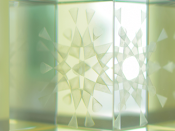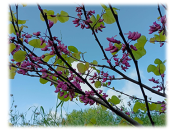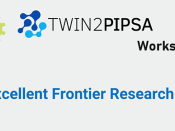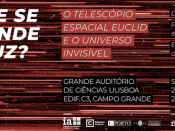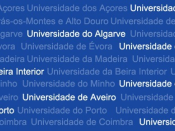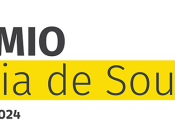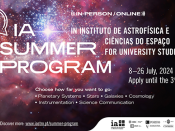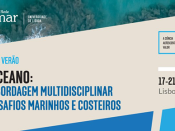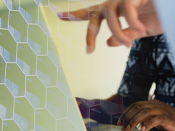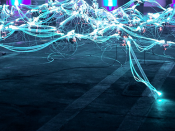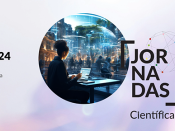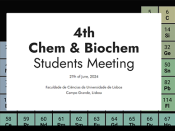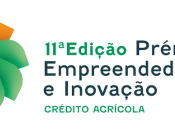Marta Ferraz Dias
DKFZ - German Cancer Research Center (DKFZ)
LIP - Laboratório de Instrumentação e Física Experimental de Partículas
Short Bio: After graduating in Biomedical and Biophysics engineering from FCUL, Marta F. Dias went to Politecnico di Milano where she recently concluded her PhD studies in Bioengineering. During her studies, she worked in renowned institutions, such as MGH/Harvard Medical school and CERN. She is currently working as a postdoc in DKFZ (German Cancer Research Center). Her research topic is in charged particle therapy/imaging. Her work includes the development of algorithms to deliver dose to the patient and new modalities which use transmission imaging to improve the accuracy in charged particle therapy.
Short Abstract: In recent years, the interest in using charged particles, such as protons and carbon ions, to treat cancer has shown a considerable increase with more than 140.000 patients being treated in 2015. The most common form of charged particle therapy is performed with hydrogen ions (protons). However, new facilities have been built to provide cancer treatment using carbon ions due to their higher Linear Energy Transfer. Over the past ten years the number of patients treated with carbon ions has doubled. The growing interest in charged particle therapy can be explained by their characteristic depth-dose curve. However, to take full advantage of this depth-dose curve, precise knowledge of the particle’s range and patient interfaces is necessary. Range uncertainties in charged particle therapy are significant due to the current method to determine their range, which uses X-ray CT and a calibration curve, and due to patient variations. Different methods have been proposed to deal with these uncertainties. Such is the case of the measurement of PET and prompt gamma produced during treatment with charged particles. These methods provide knowledge about the dose delivered and range verification, respectively. However, both methods still need to deal with low statistic issues. Another method that has been proposed is charged particle radiography/CT. The purpose of this seminar is to give a small introduction to charged particle therapy/imaging followed by the presentation of two novel methods that tackle patient variations and range uncertainties. These methods use the information of high energetic charged particles after these crossed the patient.





